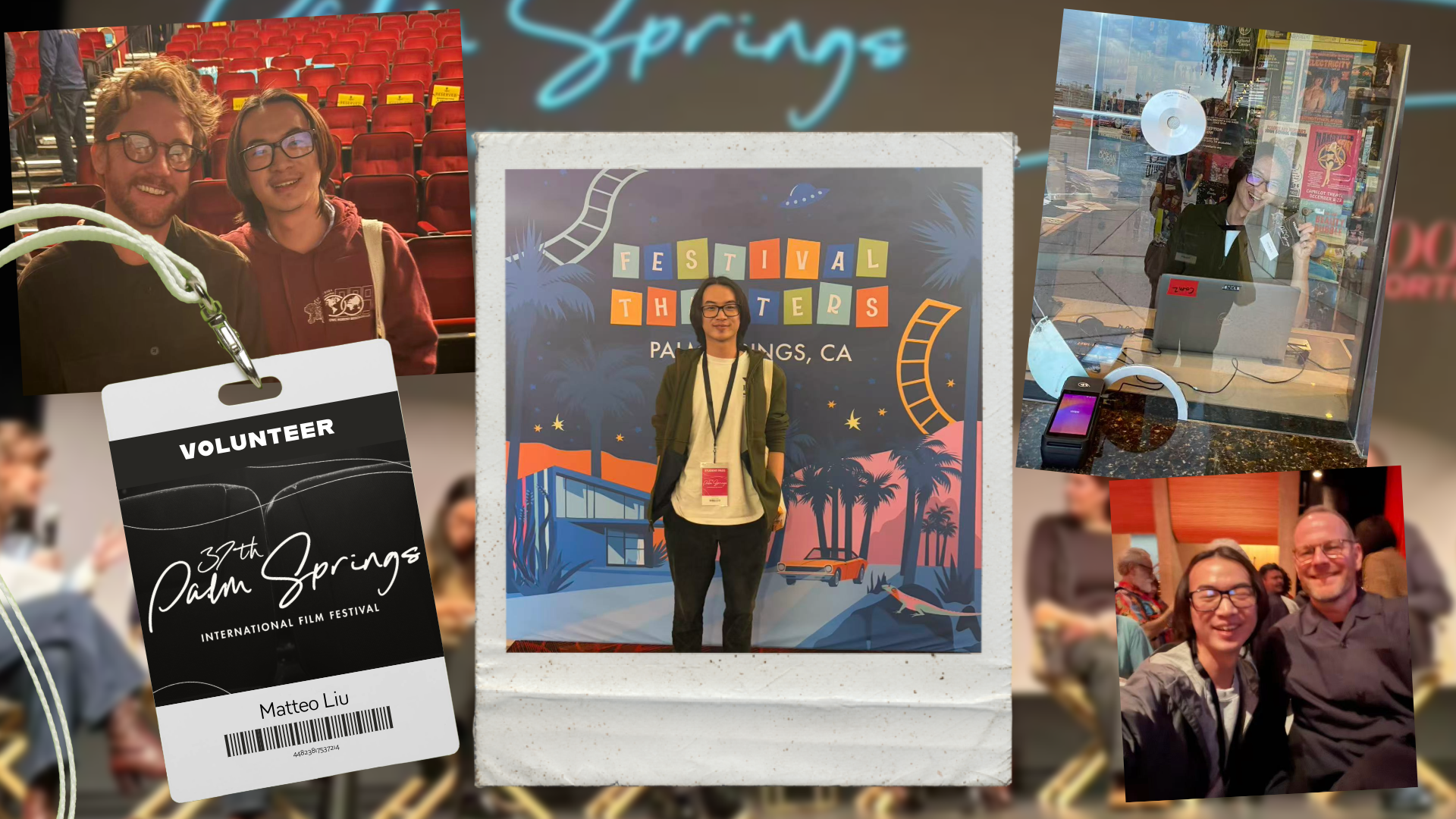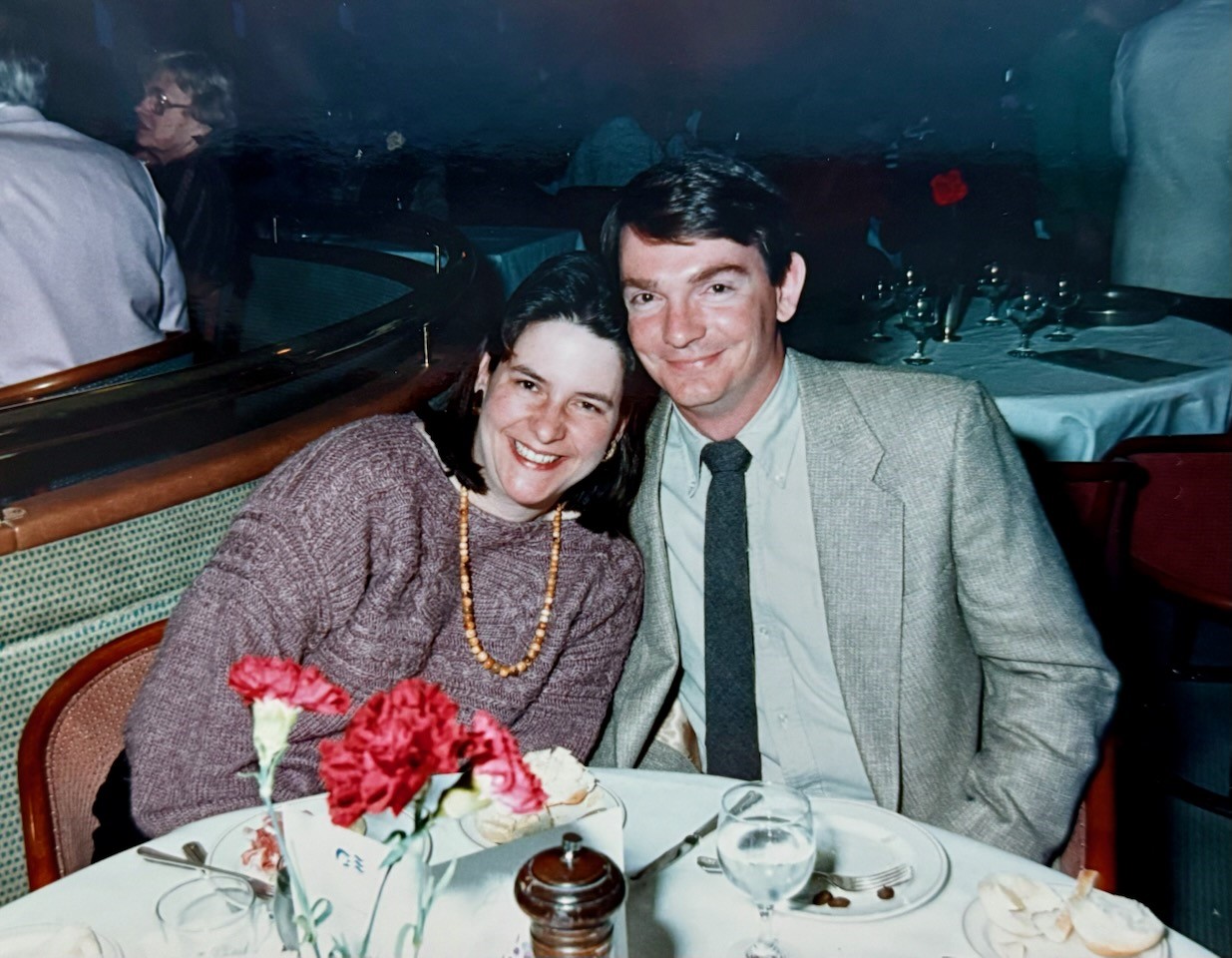Student Focus: Elliott Carter ’15 Earns Research Distinction, Enjoys Adventure of a Lifetime
April 7, 2014
Elliott Carter '15 has won a Distinguished Student Researcher Award from the School for Field Studies (SFS) for his work at the organization's school in Turks and Caicos Islands last fall.
Carter considers the experience a high point in his trajectory from the high-school sophomore who first came to Davidson's campus for a Death Cab for Cutie concert to a serious student with an eye toward medical school.
"I fell in love with Davidson on my first visit," Carter said.
Through the Dean Rusk International Studies Program Carter identified junior-year travel opportunities and ultimately signed up with the School for Field Studies. One passport and SCUBA certification card later, he landed on South Caicos island with its two firemen, two policemen and islanders who fish by hand and by free diving.
"I've always loved water!" he said.
Traditional classroom work and field studies in Turks and Caicos focused on much of the same subject matter Carter previously studied with Professor of Biology Mark Stanback. Principles of macrobiology and population and behavioral ecology came alive as Carter explored marine ecology, environmental policy, fisheries conservation, resource management and species habitat management.
Carter's project, "Population density estimates and effects of depth on detection probability of invasive lionfish Pterois volitans in South Caicos using distance sampling," contributes to the SFS Center for Marine Resource Studies' ongoing Five-Year Research Plan by addressing one of the Center's key research issues: assessing the marine environment and species.
Invasive lionfish have spread across the Western Atlantic and throughout the Caribbean since their introduction in the 1980s, leading to reduced biomass and recruitment in native reef fish. Carter's research project determined that distance sampling is an effective method for assessing lionfish populations and providing important baseline data, which will in turn inform management practices.
Carter's SFS advisor Alex Tilley said that his work "contributes directly to our understanding of a critical marine management issue in the Caribbean... by utilizing a novel methodology to provide the first quantitative comparison of lionfish detectability according to depth."
In addition to their individual projects, the 35 students in Carter's cohort and the permanent SFS faculty collaborated on an economic impact study that correlated salt marsh data and the possibility of a resort hotel on South Caicos. In an economy that has seen the rise and fall of salt and cocaine as trade resources and is now poised for potential growth in eco-tourism, it was a timely study. The findings were submitted to local governmental entities.
Now back on campus with 43 SCUBA dives and the Distinguished Researcher Award-winning 12-page research paper under his belt, Carter is looking forward.
And he's glad he'll always be able to look back on the experience in the islands with new friends for life.
"At the beginning, you go through a time when you really feel, ‘This is hard,'" he said, recalling long hours, limited communications, salt water "baths" and other differences between life in the United States and life on a Caribbean island. "And then that goes away and you realize this is the best time of your life."



